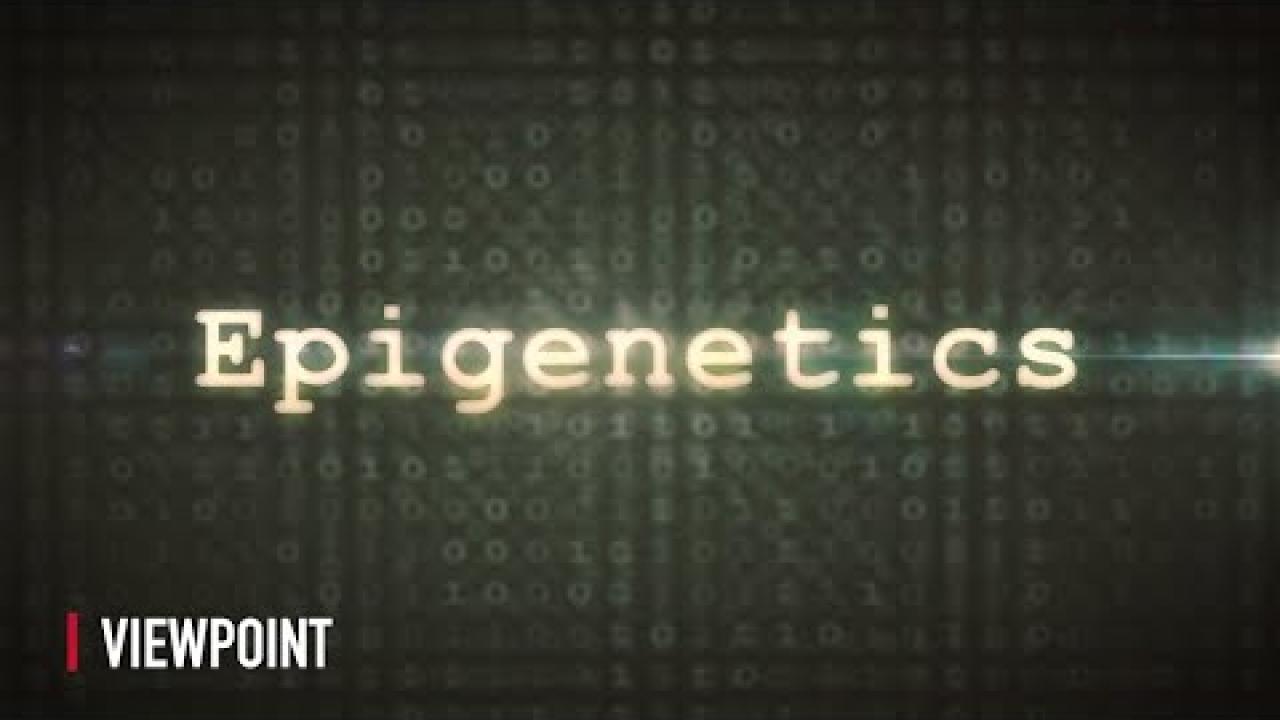
Epigenetics: How the Habits of Fathers Are Passed Onto Children
Is it possible that we pass on genetic traits to our descendants based on habits we form in our lifetime? When a sperm reaches an egg, a dramatic yet microscopic chemical reaction takes place. At the very moment of fertilization, the baby’s genes and sex are determined. It is well known that fathers pass on their genetic makeup to their children; however, a recent study in Denmark suggests that fathers pass on more than just DNA! Epigenetic changes are not part of DNA but are attached instead attached to it. Studies suggest that epigenetic molecules called microRNA respond to environmental influences and in turn alter the genetic behaviour of the offspring.
Is it possible that we pass on genetic traits to our descendants based on habits we form in our lifetime? When a sperm reaches an egg, a dramatic yet microscopic chemical reaction takes place. At the very moment of fertilization, the baby’s genes and sex are determined. It is well known that fathers pass on their genetic makeup to their children; however, a recent study in Denmark suggests that fathers pass on more than just DNA! Epigenetic changes are not part of DNA but are attached instead attached to it. Studies suggest that epigenetic molecules called microRNA respond to environmental influences and in turn alter the genetic behaviour of the offspring.